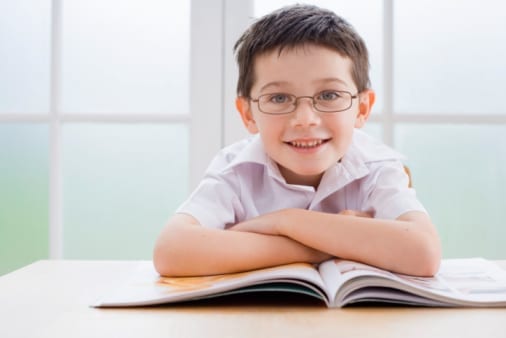Does your autistic child have trouble smiling?
This might be an age thing because my son is ten and many ten-year-olds (typical and special needs) don’t like to smile for the camera. It may very well be a pre-adolescent, attitude.
My child with autism struggles with smiling when a camera is pointed at him and he is asked to “smile.” What we’ve done for years is to try to get him laugh to get that gorgeous smile of his in a photo.
Why does he struggle to produce a smile and how can we help him?
These days when I ask him to smile, he produces a “chipmunk smile” that is more teeth than anything else. To counter that effect, I ask him to do “no teeth.” I get something more acceptable yet it sometimes comes off as “I’ve got something up my sleeve” type of look. It ‘s a very sheepish grin.
When I asked around about autistic children and smiling, facilitators and therapists informed me that they do sometimes have trouble producing a genuine smile on command.
Why?
One reason is that when autistic children are young, they avoid looking at people. Therefore, they don’t get the typical exposure to as many smiles at other kids. It is a learned behavior that they miss out on because they are literally not looking at other people.
What about facial expressions and autistic kids?
As I just mentioned, our kids shy away from looking at faces. They have a hard time with eye contact. They prefer to look away from people even if they are engaged in a conversation.
So, they miss out on the modeling of facial expressions.
Other facial expressions may be by-products of emotions; they can make an unhappy face when they are unhappy (like during a meltdown).
But, say “smile for the camera” to them, there’s no emotion behind it. It’s just a smile. They can’t make sense of it.
They laugh, of course. I purposely try to make my son laugh when a camera is pointed at him because I know he can do that and it’s looks much better than his chipmunk smile.
I also discovered that the oral issues autistic kids sometimes have may be playing a role. They sometimes don’t have the same facial muscle controls as typical children do, especially around the mouth area.
How can we help teach our child how to smile?
We have had our child practice in front of a mirror.
This exercise is funny to watch as our child makes face after face trying to come up with something that we like. He moves his eyebrows, bulges his eyes, it’s almost as if he doesn’t know how to simply move his mouth muscles. The connections to his entire face are all haywire.
He still has yet to find “his smile,” but we continue to work with him.
I have shown him photos of awesome smiles and ones with the chipmunk smile so he can visually see the difference.
Anything to add?
I need to add a comment related to this topic about saying the word, “cheese.” For decades it has been the “acceptable” word to say to produce a smile in front of a camera.
But, is it?
I was just informed by a photographer this weekend that “cheese” is the wrong word. The word cheese produces a smile at this too “toothy.” Sort of like my son’s chipmunk smile.
He preferred a word that opened the mouth more to the sides as opposed to up and down.
When I ask questions, I get all sorts of information!
To Find Kimberly Kaplan:
www.kimberlykaplan.com
www.smashwords.com or Amazon Kindle ebook “A Parents’ Guide to Early Autism Intervention”
Twitter: @tipsautismmom





